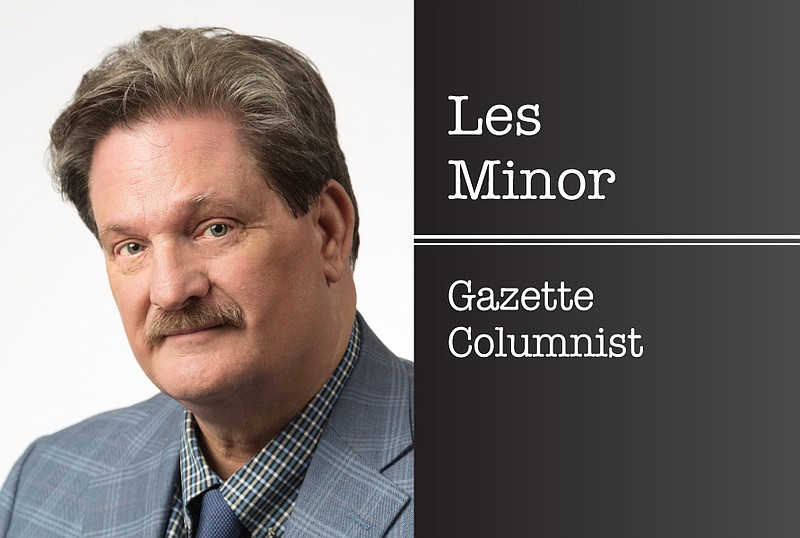Parity pay.
Two little words. Such large implications.
It's no secret that for the past several weeks, police and fire personnel on the Arkansas side have been butting heads with city hall over parity
pay.
Butting heads may be too putting it too kindly. Gearing up for war may be more accurate.
If you've tracked city government for more than a few years, historically the memorable battles have been clashes between the two sides of town. Parity pay is an exception, a disagreement that is confined to one side of town, but is bitterly divisive.
As you might expect, it's all about money. And while key players say it is not personal, to those looking in it often seems that
way.
Parity pay is an Arkansas-side mechanism, approved by voters more than 20 years ago, that ties pay raises for its police and fire departments to those of its Texas-side counterparts. The idea being that such a linkage was needed to keep its civil service personnel from running off to the other side of town for better paying jobs.
That linkage, of course, didn't take into consideration that the economies of both cities might not rise and fall as one, or how departmental growth both in numbers and rates of pay might impact the initial equations.
None of that seems compelling in some circles. The message that does get hammered home time after time is more direct: It's what the voters wanted.
It may be what the voters wanted, and it may be time to see how much they want it because this conflict is not going away anytime soon. Police and fire folks are in good position to leverage the will of the people. And city hall has the more tedious and uninspiring task of balancing the books, and trying to explain why these two positions can't be easily reconciled.
It's easy to stand with
the police and fire fighters. It's far less invigorating to stand with the city, even if they are trying to do what is right when it comes to managing tax dollars and maintaining the integrity of city finances. But those are the
choices.
These two points of view have been bumping along this collision course almost from the start. Flair up and fade. Flair up and
fade.
Tying the economy of one city to that of another city in a different state was insane, no matter how well intended the initial plan
was.
Passed in 1995, money started being collected from the tax the next year, but within six years the city and its civil servant leadership had become cross-ways with one
another.
There were differences of opinion in how parity pay was calculated. There were threats of lawsuits. There were actual lawsuits. There were calls for an audit by the
state.
But going back almost 15 years, through a variety of mayors and city managers, city leadership has largely echoed the same refrain: Funding that tax payers voted in place would not sustain parity pay, that the expense would outpace the funding.
That has not changed, nor will it be changed. This battle of wills and wits, this butting of heads that has created a pay wall of their own device, will continue on unless something else changes.
The city ought to do what voters want. But voters should pay for what they want, as well. Leadership on both sides is standing up for people and principles they care deeply about, but are nonetheless in conflict.
And while there is no sense that either party wants to hurt the other, to put it coldly, they want what they
want.
That is the impasse we are at.
It shouldn't be this difficult.
News broke last week that the city and fire fighters had reached a tentative agreement. It involves a series of raises that was established in an earlier ordinance that addressed options for the city when finances wouldn't support what the initial ordinance established. This is good
news.
The police aren't sold on it yet and are still evaluating options.
Even if the two sides do reach accord on this latest confrontation, neither side should be satisfied.
The city doesn't need another temporary fix. All parties involved should stop kicking this can down the road and begin working to find a shared and permanent solution, one that defines terms in a way everyone can agree on, and creates contingencies for less then stellar
revenues.
What started as an exercise of good will nonetheless has created plenty of bad
blood.
The bleeding needs to stop.

